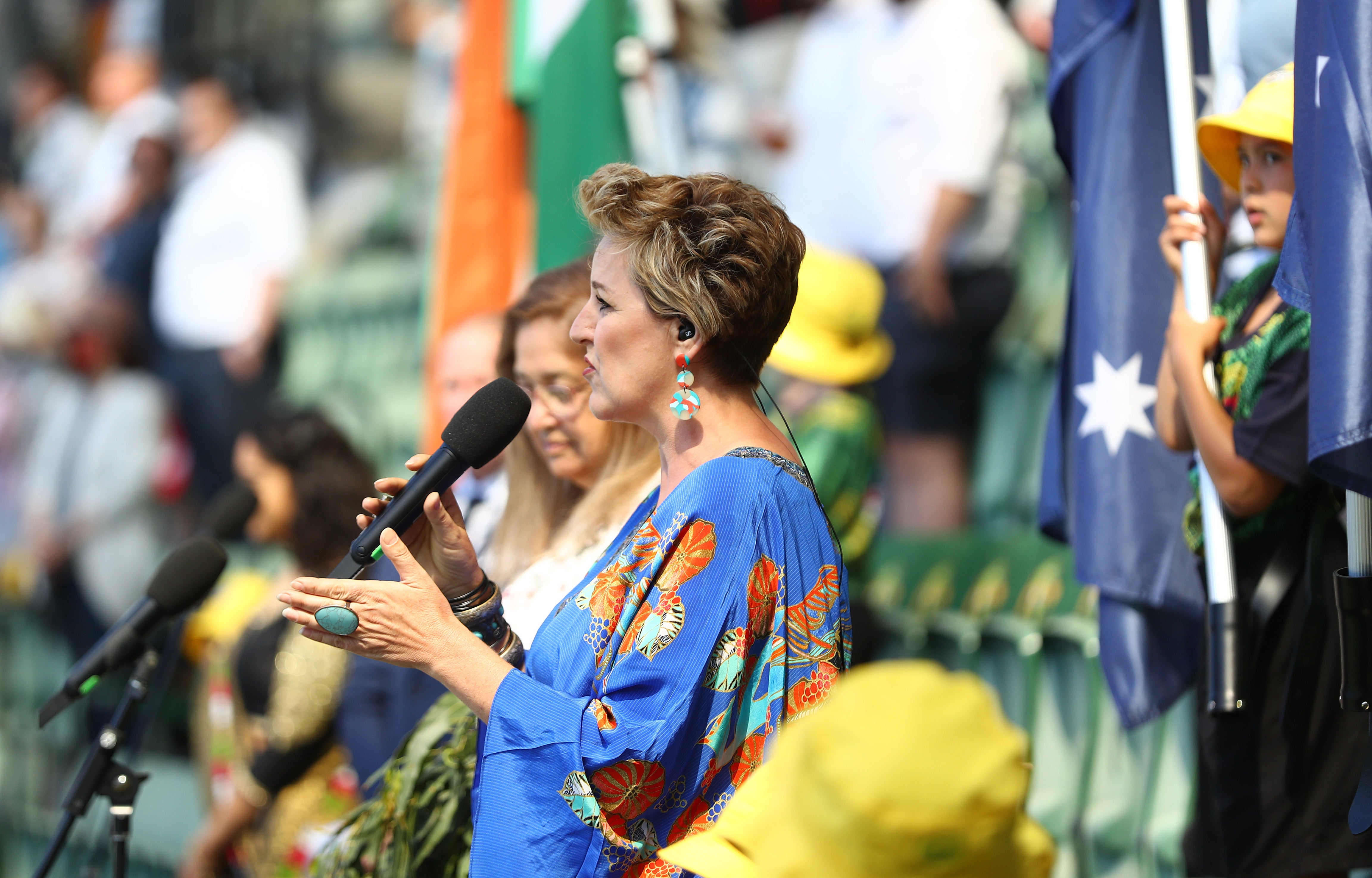Australia changes its anthem to honour indigenous people in ‘small, important step’ for rights
It is the first change of the song since it was adopted as the national anthem in 1984

In a change designed to better reflect a “spirit of unity” and honour its indigenous people, Australia has updated its national anthem. The minor change followed the criticism that the anthem failed to recognise the long history of the indigenous community.
From today, the second line of the anthem “Advance Australia Fair" has been tweaked from "For we are young and free" to "For we are one and free".
Prime Minister Scott Morrison in a statement said that the change was done to reflect the “great unity” in the country’s national anthem.
“While Australia as a modern nation may be relatively young, our country’s story is ancient, as are the stories of the many First Nations peoples, whose stewardship we rightly acknowledge and respect,” Prime Minister Scott Morrison said in an opinion piece in The Sydney Morning Herald.
“In the spirit of unity, it is only right that we also now acknowledge this and ensure our national anthem reflects this truth and shared appreciation. Changing 'young and free' to 'one and free' takes nothing away, but I believe it adds much," he wrote.
Composed by Peter Dodds McCormick, “Advance Australia Fair” was first performed nearly 140 years ago and replaced the colonial-era God Save the Queen in 1984, as the national anthem of the country. Even at its adoption, the original verse, “Australia’s sons” was replaced with a more gender-neutral “Australians all, let us rejoice.”
The recent changes in the anthem, however, received mixed reactions. While First Nations Foundation chairman Ian Hamm welcomed the move, Linda Burney, the first Aboriginal woman elected to the federal Houses of Representatives, said more needed to be done.
"It flies in the face, of course, of the Government saying that they want to work with Aboriginal people, but the real issue is a constitutionally enshrined voice," she was quoted as saying by ABC News.
Luke Pearson, a Gamilaroi man who edits IndigenousX platform, slammed the change as a “symbolic tokenism aimed at silencing dissent”.
“Changing the anthem from ‘young’ to ‘one’ is not only problematic because it’s symbolic tokenism aimed at silencing dissent that completely misses the nature of the dissent in the first place, but it’s also problematic because it’s the same wrongly labelled ‘one’ as the one made famous by ‘One Nation’,” he wrote.
Minister for Indigenous Australians, Ken Wyatt, extended his support to the amendment, saying that the change “was small in nature but significant in purpose".
Mr Wyatt, the first indigenous Australian elected to the Parliament’s lower house said, “it is an acknowledgement that Aboriginal and Torres Strait Islander cultures date back 65,000 years".
The idea was first floated two months back New South Wales state Premier Gladys Berejiklian, who said that the previous phraseology ignored the country’s “proud First Nations culture".
The change was brought into effect after deliberation with state premiers, state governors and other senior officials.
Join our commenting forum
Join thought-provoking conversations, follow other Independent readers and see their replies
Comments